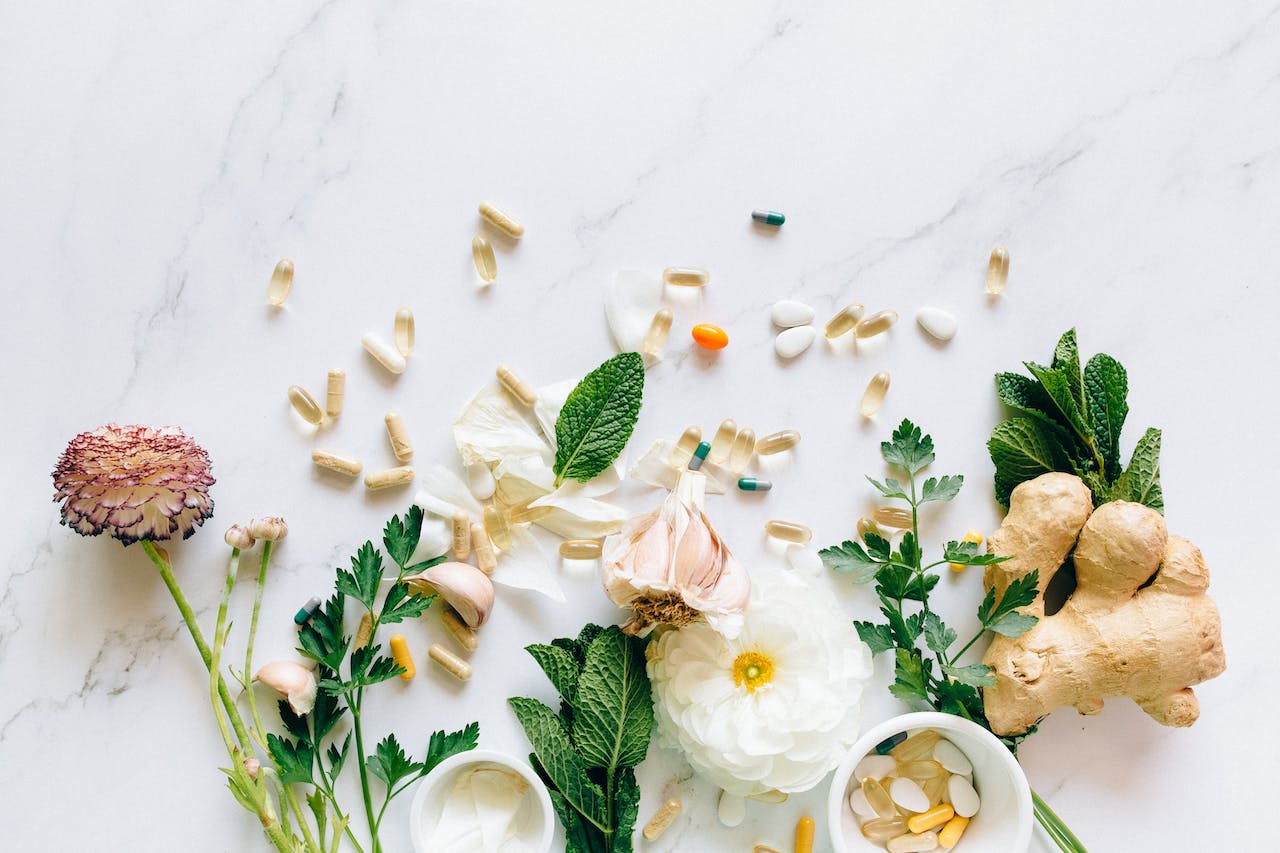Kidney health is a crucial aspect of overall well-being, and individuals with kidney issues often find themselves navigating a complex dietary landscape. Among the many questions that arise, one common inquiry is whether kidney patients can safely consume ginger and garlic. In this article, we'll explore the relationship between kidney health and these flavorful ingredients.
Understanding Kidney Health
Before delving into the specifics of ginger and garlic, it's essential to have a basic understanding of kidney health. The kidneys play a vital role in filtering waste and excess fluids from the blood, maintaining electrolyte balance, and producing hormones that regulate blood pressure. When the kidneys are compromised, dietary choices become pivotal in managing the condition.
Ginger: A Zesty Wonder
The Lowdown on Ginger
Ginger is renowned for its unique flavor and numerous health benefits. From aiding digestion to reducing inflammation, ginger has long been a staple in traditional medicine. However, for kidney patients, it's crucial to approach ginger consumption with caution.
Moderation is Key
While small amounts of ginger are generally considered safe for kidney patients, moderation is key. Excessive consumption may lead to an increase in potassium levels, which can pose a risk for those with compromised kidney function. Consulting with a healthcare professional is advisable to determine the safe limits for individual cases.
Garlic: A Culinary Delight
Garlic and Kidney Health
Similar to ginger, garlic is a popular culinary ingredient with a range of health benefits. It contains allicin, a compound known for its antimicrobial properties and potential cardiovascular benefits. For kidney patients, the relationship with garlic is nuanced.
Consultation is Crucial
Before liberally incorporating garlic into a kidney-friendly diet, it's essential to consult with a healthcare provider. Some individuals may experience adverse effects, such as digestive issues or changes in blood pressure, making personalized advice indispensable.
Navigating the Kidney-Friendly Kitchen
General Guidelines
While ginger and garlic can be included in a kidney-friendly diet, it's essential to adhere to some general guidelines:
- Portion Control: Keep portions small to avoid excessive intake of specific nutrients.
- Fresh is Best: Opt for fresh ginger and garlic over processed alternatives, as they tend to be lower in sodium and additives.
- Monitor Potassium Levels: For those with potassium restrictions, keeping an eye on overall potassium intake is crucial. Both ginger and garlic contain potassium, so balancing these elements in the diet is vital.
Conclusion
In conclusion, the relationship between kidney health and ginger, as well as garlic, is nuanced. While these ingredients offer culinary delights and potential health benefits, kidney patients should approach their consumption with care. Consulting with a healthcare professional for personalized advice and monitoring dietary choices can contribute to overall kidney health.
Remember, every individual's health status is unique, and what works for one person may not be suitable for another. By staying informed, maintaining an open dialogue with healthcare providers, and making mindful dietary choices, kidney patients can enhance their overall well-being and savor the flavors of life.


